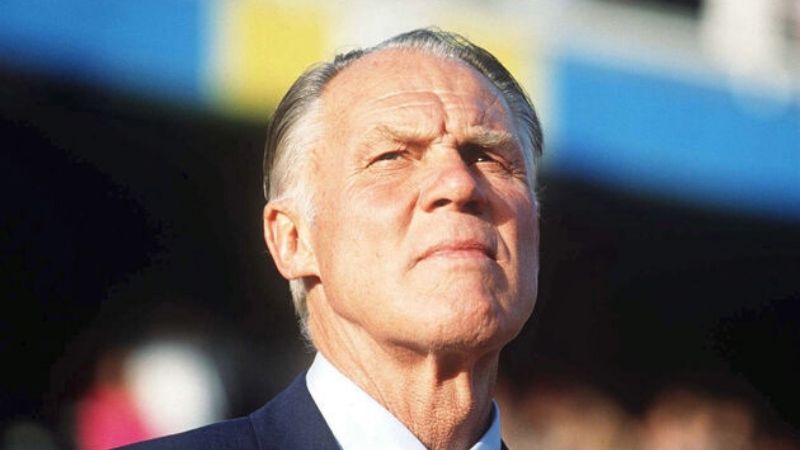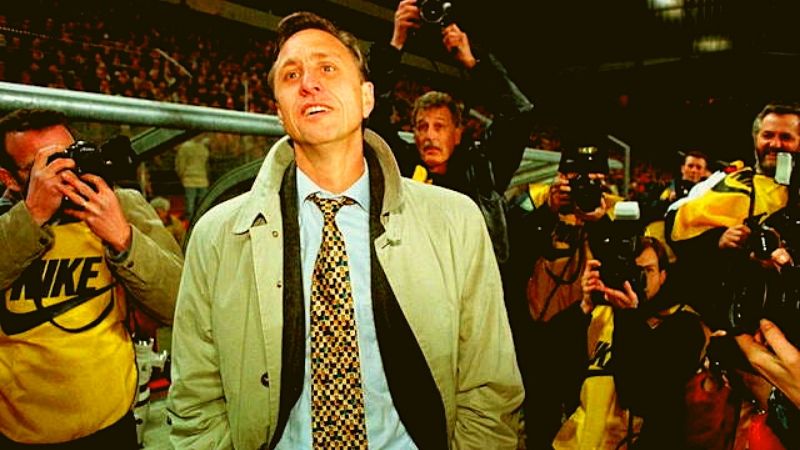What is sports management and why is it important?

Sports management is a branch of business that focuses mainly on sports and recreation. Sport management includes many separate categories, such as administration, finance, law, and ethics.
So, it’s difficult to define sports management because it’s such a large job sector that encompasses all aspects of managing sports, teams, sporting events, athletes, and resources. In sports management field, sports managers can either coach a team or lead an athletic department at a university. They may be in charge of stadium operations or oversee the careers of certain professional athletes.
For getting succeed in sports management field, sport managers must have a love for sports (or the sport in which they want to work) and knowledge of how that sport runs as a business. Their ultimate objective is success, whether that entails a victory on the field or ensuring that they draw a large crowd to the stands.
Successful sports team demands careful administration, and depending on his specific function, professions like these involve a variety of tasks.
In sports management field, sports manager may be in charge of planning and organising teams and events, handling HR duties, and handling marketing or public relations for the team or an individual athlete. Sport is a huge sector with numerous fans in the UK and around the world. Individuals with specialised expertise continue to advance the sport, the athletes, and the teams.
Importance of sports management

Due to the fact that most sports are businesses, particularly when collegiate and professional levels of management are involved. Many sports managers have a background in marketing, business, finance, law, communications, accountancy, or public relations, which enables them to combine their love of sports with the practicalities of running a business.
It’s necessary to win big games against rivals or get to the championships, but it’s also crucial to connect with your fan base, encourage supporters to attend games, ensure that game day runs smoothly, and make sure that players have access to what they need when they need it.
Sports manager's responsibilities

Sports management jobs are important because they increase a team’s chances of success, help it develop as a unit, and improve the general profile of a team and sport.
Depending on their individual work role, different duties are assigned to sports managers. Sports managers may assume several duties in various business sectors for sports teams and clubs in relatively small communities with few employees.
So we can summarize their responsibilities as following:
- Managing media relations with your team, coach, other staff members, and the public
- Organizing plane tickets for the team to international games;
- Monitoring ticket sales and developing plans to increase them;
- Accounting and finance for the team, including handling accounts, income, budgets, and debts;
- Arranging sporting events for the team or athletes
- Searching for sponsors, partners, and companies willing to collaborate with your team or athletes
- Making critical day-to-day decisions for sports organisations
- Digital and conventional marketing
- Ensuring event facilities and stadiums are in good condition
- Contract and other legal document analysis
- Recruiting and managing coaches and players
- Marketing teams, athletes, events, and goods through digital and conventional marketing
- Ensuring teams have the proper equipment and clothing
- Enforcing school, league, conference, or organisation rules and regulations
Skills and knowledge required
The qualifications needed to be a sports manager varies depends on the role.
If you want to be a marketing manager or a financial manager, you need an undergraduate or postgraduate degree in the relevant field, so for people who want to manage sports teams or individual athletes, an undergraduate or postgraduate qualification in sports management is also useful
An undergraduate degree in sports management will help you prepare for a career in any field of sports management. You can expand your network and expose yourself to business contacts by studying sports management.
A master’s degree in sports management can help you get hired if you already have an undergraduate degree in an area like business, marketing, or finance.
Although there are many sites where you may study sports management, and there are also online courses accessible, you should think about studying in a city where there is many professional sports teams and athletes.
To make sure that your future career will be successful, you must have important skill such as:
- Flexibility
- Time Management.
- Organization
- communication
- Analytical Mind-set.
- Creativity
- Writing Skills.
And now let’s check some of the best sports managers all over the world
Rinus Michels

Rinus Michels is regarded as one of the best managers of all time due to his contributions to the game by revolutionizing tactics. He helped Ajax win the Champions League and even had a stint with FC Barcelona. Johan Cruyff used his ideas to implement new tiki-taka tactics at Barcelona and Ajax. He helped the Netherlands reach the World Cup final and won the Euros with them in 1988.
Johan Cruyff

After a successful playing career, Johan Cruyff began an equally legendary managerial career in 1985 when he took charge of Ajax. But the Dutch manager is most admired for his time at FC Barcelona. He managed Barcelona from 1988 to 1996 yielding 4 La Liga titles, 3 Spanish Super Cups, the Copa Del Rey, the UEFA Cup Winners Cup and the club’s first European Cup. In 2010, Cruyff was presented the FIFA Order of Merit for his significant contribution to football. A proponent of the famous “Total Football” philosophy, the list of players and managers directly or indirectly influenced by Cruyff is too long to count. Johan Cruyff managed his team like a gambler,
Finally, Football industry full of aspects that combines together providing the lovely game we all admire, and all of those aspects need to be covered as in our platform Heyagoal, inorder to getting the full image in our minds.





